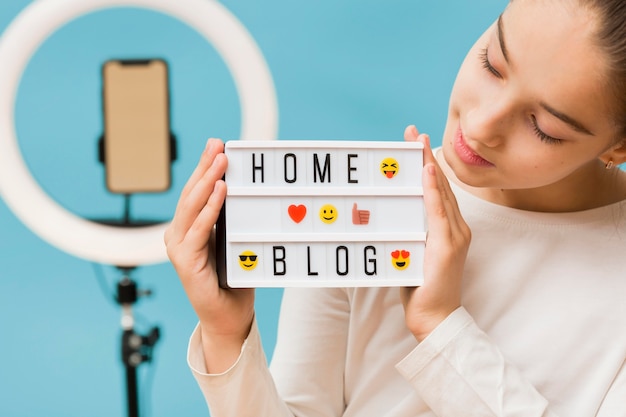
6 Strategies Bloggers Use to Harmonize Real Life and Their Social Media Presence
-
by fashion-world-blog
- 0

My phone case boldly states “social media seriously harms your mental health,” and it’s something that a lot of celebrities are flaunting. I’ve certainly had my encounters with social media anxiety. In fact, I wrote about SMAD—the link between social media, weight gain, and anxiety—and how the comparison game once rattled my confidence, though I bounced back after expressing my thoughts in a post.
Recently, I asked my Instagram followers about their questions on anxiety in general, and social media was a recurring topic. Instagram, in particular, seems to be causing stress for many people nowadays.
Social media is here to stay, and while its future is uncertain, it’s important to focus on balancing our online and offline lives to avoid unnecessary stress. Here are six practical tips to help you manage social media more effectively while preserving your mental and physical health:
1. **Audit Your Feed**: It’s crucial to get rid of accounts that don’t contribute positively to your mindset. Surround yourself on social media with uplifting content that leaves you feeling good. Follow influencers who speak about health and wellness or even accounts that simply make you laugh.
2. **How Top Bloggers Take Breaks**: Taking breaks from social media is necessary. Many bloggers create a content reserve—extra photos ready to post anytime they need a break. This way, they aren’t compelled to be online 24/7. Keeping a folder of ready-to-go content can be a lifesaver.
3. **Be in the Now, Post Later**: Instead of posting in real-time, take your pictures at events or outings and post them later. This allows you to truly enjoy the moment without fretting over editing or immediate posting.
4. **Practice One Self-Care Activity Each Day**: Remember to take care of yourself. Whether it’s meditating for a few minutes, taking a peaceful walk, or enjoying a hobby—prioritize a daily self-care activity to maintain your well-being.
5. **Block Comment Keywords on Instagram**: Utilize Instagram’s keyword block feature to prevent unwanted negativity from impacting your day. Just as you would audit who you follow, filter out harmful comments to protect your mental space.
6. **Limit Blue Light Exposure**: It’s important to reduce nighttime screen time as it affects sleep patterns and overall health. Setting a time to switch off electronics can help, and using tools like Night Shift or blue light glasses can be beneficial. Consider trying the Moment App, which tracks screen time and provides insights to encourage healthier device usage.
Adopting these strategies can help bring balance to your life by harmonizing the digital world with your personal well-being.
My phone case boldly states “social media seriously harms your mental health,” and it’s something that a lot of celebrities are flaunting. I’ve certainly had my encounters with social media anxiety. In fact, I wrote about SMAD—the link between social media, weight gain, and anxiety—and how the comparison game once rattled my confidence, though I…
My phone case boldly states “social media seriously harms your mental health,” and it’s something that a lot of celebrities are flaunting. I’ve certainly had my encounters with social media anxiety. In fact, I wrote about SMAD—the link between social media, weight gain, and anxiety—and how the comparison game once rattled my confidence, though I…